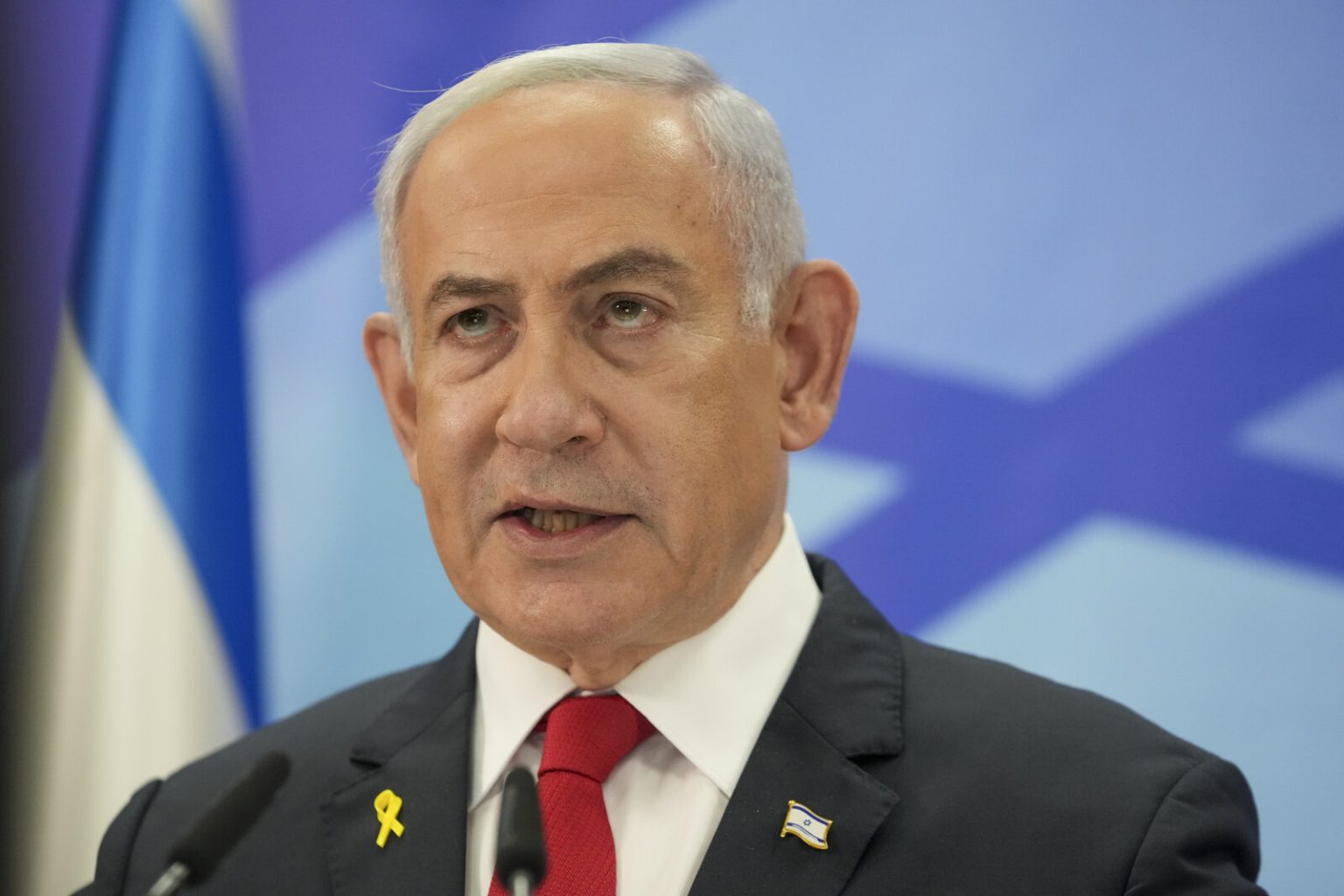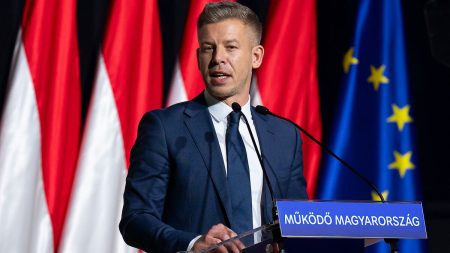The fragile ceasefire agreement aimed at halting the escalating violence between Israel and Hamas in Gaza hangs precariously in the balance, awaiting formal ratification by the Israeli government. While Qatar and the United States, acting as mediators, announced a tentative 42-day truce starting Sunday, internal political pressures within Israel threaten to derail the agreement. Prime Minister Benjamin Netanyahu faces a difficult balancing act, navigating the demands of his far-right coalition partners while simultaneously seeking to de-escalate the conflict that has already claimed numerous lives on both sides. The looming deadline for the ceasefire implementation adds to the urgency and complexity of the situation.
The proposed ceasefire, brokered by international intermediaries, represents a crucial attempt to quell the recent surge in hostilities. The details of the agreement, while not fully disclosed, reportedly involve a cessation of active fighting and a commitment from both sides to refrain from further attacks. The 42-day timeframe is intended to provide a window for further negotiations and a more permanent resolution to the underlying issues fueling the conflict. However, the last-minute accusations and counter-accusations between Israel and Hamas underscore the deep mistrust and the fragility of the current situation. The precarious nature of the agreement is further complicated by the internal political dynamics within Israel, where powerful voices within the governing coalition are actively opposing the ceasefire.
Prime Minister Netanyahu’s leadership is being severely tested as he grapples with the conflicting pressures. On the one hand, he faces international pressure to bring an end to the violence and avert a further humanitarian crisis in Gaza. On the other hand, he must contend with the demands of his ultra-nationalist coalition partners, who view any concession to Hamas as a sign of weakness. This internal political tug-of-war has created a high-stakes situation where the fate of the ceasefire, and potentially the lives of countless civilians, hangs in the balance. Netanyahu’s scheduled meeting with his security cabinet and the subsequent government meeting to ratify the agreement are crucial moments that will determine the direction of the conflict.
The opposition to the ceasefire within Netanyahu’s government stems from deeply entrenched ideological positions. Figures like Defense Minister Itamar Ben-Gvir, known for his hardline stance against Palestinian aspirations, have publicly voiced their strong disapproval of the agreement. Ben-Gvir’s threat of resignation underscores the potential for a government collapse should Netanyahu proceed with the ratification. This internal political pressure adds another layer of complexity to an already volatile situation. The Prime Minister must carefully weigh the potential consequences of both accepting and rejecting the ceasefire, considering the potential ramifications for his government’s stability, the security situation, and the international community’s response.
The accusations and counter-accusations between Israel and Hamas further complicate the efforts to implement the ceasefire. Israel’s claims that Hamas is attempting to back out of the agreement at the last minute create an atmosphere of suspicion and distrust, making it even more challenging to build the necessary confidence for a sustainable truce. Hamas’s insistence that they have accepted the terms of the agreement adds another layer of ambiguity to the situation. This lack of clear communication and the absence of a mutually agreed-upon narrative further highlight the deep-seated animosity and the difficulty in achieving a lasting peace. The international mediators, including Qatar and the United States, face the formidable task of bridging this communication gap and facilitating a dialogue that can lead to a more permanent resolution.
The unfolding events in the coming days will be critical in determining the trajectory of the Israeli-Palestinian conflict. The outcome of Netanyahu’s meetings with his security cabinet and the government will reveal whether the ceasefire holds or if the region descends further into violence. The international community’s response to the situation will also play a significant role in shaping the future dynamics of the conflict. The fragility of the ceasefire agreement underscores the urgent need for a more comprehensive and sustainable solution to the underlying issues that continue to fuel the cycle of violence. The success or failure of the current ceasefire will have far-reaching implications for the region’s stability and the lives of those caught in the crossfire. The international community must redouble its efforts to find a lasting resolution that addresses the root causes of the conflict and ensures a future of peace and security for both Israelis and Palestinians.














